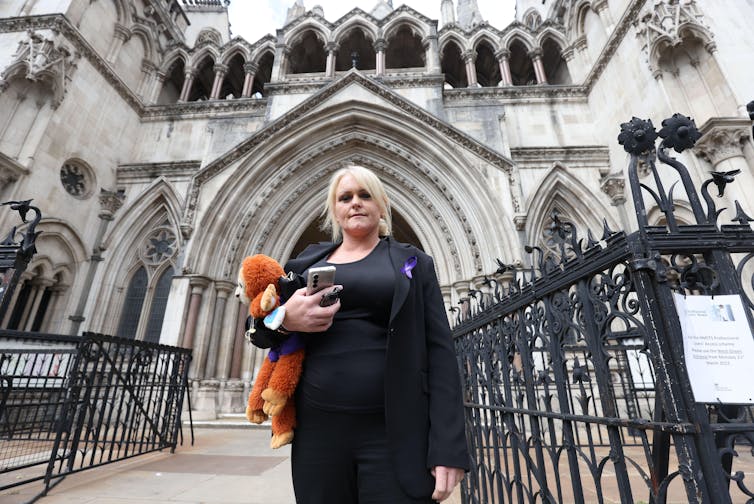Written by Anthony Skelton, Lisa Forsberg, and Isra Black
Consider the following two cases:
Cynthia’s blood transfusion. Cynthia is 16 years of age. She is hit by a car on her way to school. She is rushed to hospital. She sustains serious, life-threatening injuries and loses a lot of blood. Her physicians conclude that she needs a blood transfusion in order to survive. Physicians ask for her consent to this course of treatment. Cynthia is intelligent and thoughtful. She considers, understands and appreciates her medical options. She is deemed to possess the capacity to decide on her medical treatment. She consents to the blood transfusion.
Nathan’s blood transfusion. Nathan is 16 years of age. He has Crohn’s disease. He is admitted to hospital with lower gastrointestinal bleeding. According to the physicians in charge of his care, the bleeding poses a significant threat to his health and to his life. His physicians conclude that a blood transfusion is his best medical option. Nathan is intelligent and thoughtful. He considers, understands and appreciates his medical options. He is deemed to possess the capacity to decide on his medical treatment. He refuses the blood transfusion.
Under English Law, Cynthia’s consent has the power to permit the blood transfusion offered by her physicians. Her consent is considered to be normatively (and legally) determinative. However, Nathan’s refusal is not normatively (or legally) determinative. Nathan’s refusal can be overridden by consent to the blood transfusion of either a parent or court. These parties share (with Nathan) the power to consent to his treatment and thereby make it lawful for his physicians to provide it.
Read More »New Publication: ‘Overriding Adolescent Refusals of Treatment’



